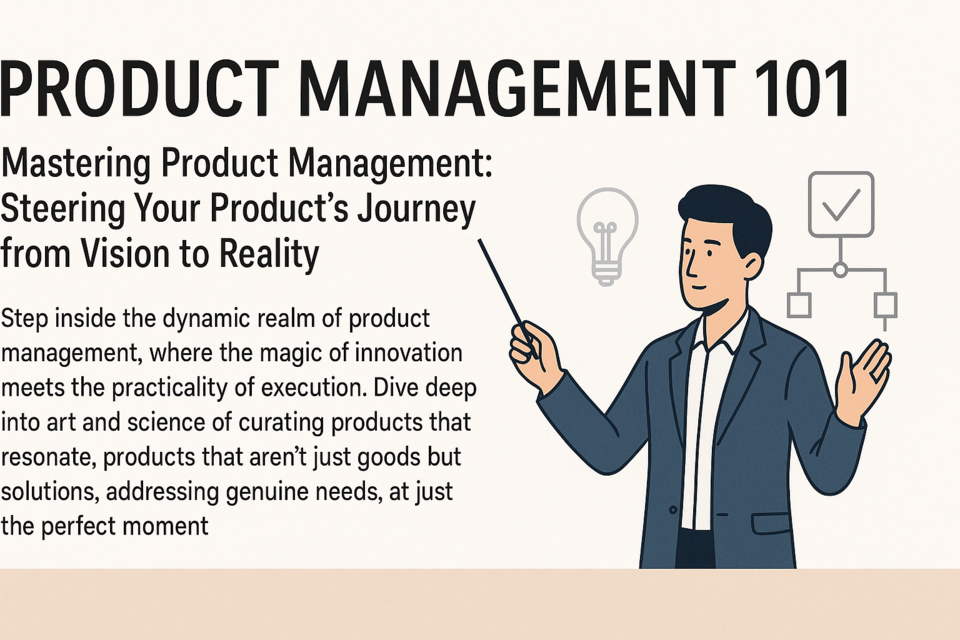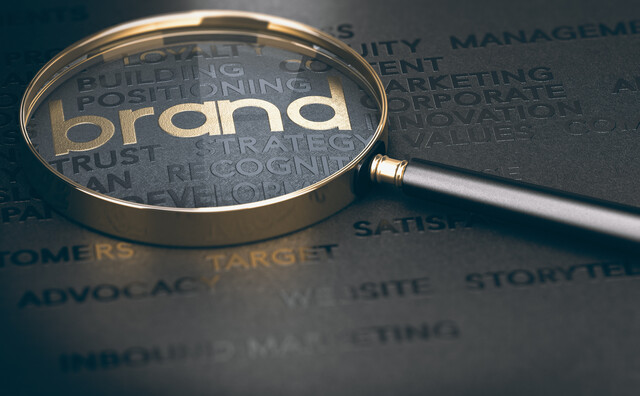Every company should be aware of the corruption and bribery risks that exist within its borders, but also in every region and market where it does business. In addition to knowing the risks, every company should be knowledgeable of the regulations and laws that exist under the FCPA and other federal legislation, as well as the legislation and laws that exist in the regions and markets in which they conduct business. Finally, every company should also be aware of the unique risks that exist within its industry.
In this article, we are going to discuss the unique risks that certain industries face, as well as what companies within those industries need to focus on to mitigate those risks.
Companies in the aerospace and defense industry face greater risks of corruption and bribery since they deal with military weapons and commercial aircraft. In addition, companies in this industry tend to deal with government officials and militaries around the world. Whenever a company deals with government officials frequently in the course of doing business, their risk for corruption and bribery is high because the opportunities exist.
Because of the high risks, companies in the aerospace and defense industry must set high standards for their anti-corruption compliance programs. They should perform comprehensive risks assessments that focus on where their customers are located, as well as the location of the company's foreign offices. The company's efforts should be directly tied to the level of risk. What's more, the company should focus on mitigating the risk through employee awareness and training, third party due diligence, financial controls, and monitoring.
The Automotive Industry
Due to slow growth in the U.S. markets, many automotive companies are looking to new markets to provide growth and cheaper manufacturing alternatives. This means venturing outside the borders of the U.S. more frequently - and facing a higher risk. In the past, the automotive industry was not a focus of the Department of Justice, but this changed with the Daimler case. This means along with the higher risk of corruption and bribery comes a high risk of not having an effective compliance program in place.
The automotive industry faces risks including customs issues, government interactions, government regulations, and joint ventures. Automotive companies face a growing risk because of the growing scope of their international operations and joint partnerships with high risk areas such as Russia and China. Companies in the automotive industry can face serious challenges when developing an effective compliance program because of this. It is recommended that they design a global compliance program based on an extensive risk assessment and audit.
There is a high risk for corruption and bribery in the real estate and construction industry. There are three reasons why the risk is so high.
1. The government is involved in various stages of this industry, from the design stage to the contract award to licenses. Considering that the decision-making authority is in the hands of a small number of people, it is not surprising that there are opportunities for bribing public officials.
3. Projects in this industry employ a lot of people and vendors. This gives opportunities to steal materials, manipulate labor costs, and falsify invoices. They can also engage in bid-rigging and organize into cartels. Organized crime networks can infiltrate this industry.
Companies in this industry must make extreme efforts to conduct due dilligence on all third parties and joint ventures, since this is where a lot of corruption can occur. In addition, companies should throroughly screen new employees. They should also perform risk assessments and audits, as well as to put into place and enforce a corporate compliance program that covers all markets in which they do business.
The Consumer Products Industry
Corruption is a problem and constant challenge for companies in the consumer products industry. These companies frequently deal with third parties in the course of doing business. These third parties include vendors, suppliers, manufacturers, distributors, and etc.
This increases the risk of corruption and bribery. Not to mention, it can be hard to detect. However, when a company in this industry faces a corruption and bribery investigation, it can greatly impact the company's finances, as well as damage customer trust and the value of the brand. Customer trust and brand value are very important to companies in the consumer product industry, because they heavily influence purchasing decisions.
Companies in this industry should conduct detailed risk assessments and audits. They should also condut due dilligence on all third parties and joint ventures, then ensure those third parties stay compliant with all policies and procedures using third party controls and monitoring. They should also monitor all interactions with foreign public officials, especially customs. What's more, ompanies should be aware of the markets in which they do business, and the corruption risks that exists in those markets.
The life sciences industry includes companes who are in the fields of pharmaceuticals, biomedical technology, and biotechnology, as well as those who devote their efforts to research in these and other related areas.
Companies in the life sciences industry are also heavily regulated by the government. They interact with government officials on a daily basis. This creates opportunities for corruption. It places companies in this industry under a higher risk.
There are several activities that pose risks to life sciences companies. These activities not only pose a corruption risk, but they can be viewed as red flags by investigators. One such activity is paying fees for services. It is not uncommon for a life science company to pay health care professionals for rendering services in their areas of expertise, such as talking at a medical conference or participating in research. Although these types of payments for actual services are legitimate and legal, they can also be used as a gift or reward to health care professionals for sales.
Because prosecutors and investigators can look at these type of payments as possible bribes, it is important for the company to establish and document the compensation for different services provided by health care professionals. They can use the standard rates in the area, the level of experience of the health care professional, and other factors to establish rates. By doing this, the company shows consistency in compensation, as well as documentation on how the rates were determined. There should also be documention that the service was performed.
The Mining and Metals Industry
The mining and metals industry is known as one of the world's most corrupt industries. Mining companies operate in areas of the world where not everyone plays fair, and rules and regulations are not always enforced. That said, over the past decade, the United States government has started to more heavily enforce FCPA regulations. This means that even in lightly regulated areas of the world, companies in the mining and metals industry must take steps to remain compliant.
To reduce their risk, these companies should place focus on the following areas:
1. Contract management. A lack of contract management results in weaker controls, which opens a company up to instances of corruption.
2. Due dilligence. Companies should take every step and action possible to protect themselves from risks through the actions of third parties.
3. Risk assessment. A risk assessment not only reveals possible threats and risks, it also helps to mitigate risk by exposing the internal controls a company may need to put into place to mitigate risks. The risk assessment should be part of a rigorous compliance program.
5. Good practices in high risk areas. In remote areas, mining companies may be expected to help local communities in exchange for resource extraction. They may be asked to help build infrastructure or provide jobs as part of the deal for being able to operate in that area. The company will often interact with government officials in those areas who make the decisions about contracts, permits, and licenses. Agreeing to these "add-ons" could either be part of the contract - or an incentive in order to gain advantage and win the contract. In order to be in compliance with the FCPA, the company should be able to show that the "add-ons" were not given as an incentive, gift, or reward in order to win the contract.
The Oil and Gas Industry
Companies in the oil and gas industry need to identify the risks they face, as well as determine where the risks exist. A parent company, for example, can have an effective compliance program and be operating according the regulations and laws. However, an improper payment by a foreign subsidiary can put the parent company at risk for violations.
Companies should always be sure to conduct due dilligence on third parties and joint ventures. They should also make sure that all third parties, joint ventures, consultants, and the like are compliant with regulations and laws, as well as a compliance program. The company should have third party controls and monitoring in place.
The Technology Industry
Because companies in the technology industry frequently outsouce manufacturing, they are also at a risk for corruption. The countries to which they outsource manufacturing are usually those where the risk of corruption is high, such as China, South Korea, and Taiwan.
Take a look at some previous enforcements of bribery laws for violations relating to giving gifts to Chinese officials:
1. Daimler AG gave internships to a Chinese official's son and girlfriend, as well as letters to obtain visas and use of a car.
2. Control Components gave college tuition payments for two executives' children.
3. Schnitzer Steel gave gift certificates and watches.
4. Veraz gave $4500 in gifts to telecomm executives from China.
5. RAE systems faced violations for computers, jade,business suits, expensive liquor, and more.
Companies in the technology industry need to stay on top of their compliance efforts. What's more, their compliance programs should be focused on the risks in the Asian region.
Best Practices for All Industries
A company should take into consideration all risks that it faces in all of the areas of the world where it does business. In addition to what may be considered standard risks in each region and market, it should also take into consideration industry risks. While the risk of corruption is inherent to all industries, companies should take the time to educate themselves on the unique vulnerabilities and risks unique to their industry in order to implement a robust and effectual compliance program.
























